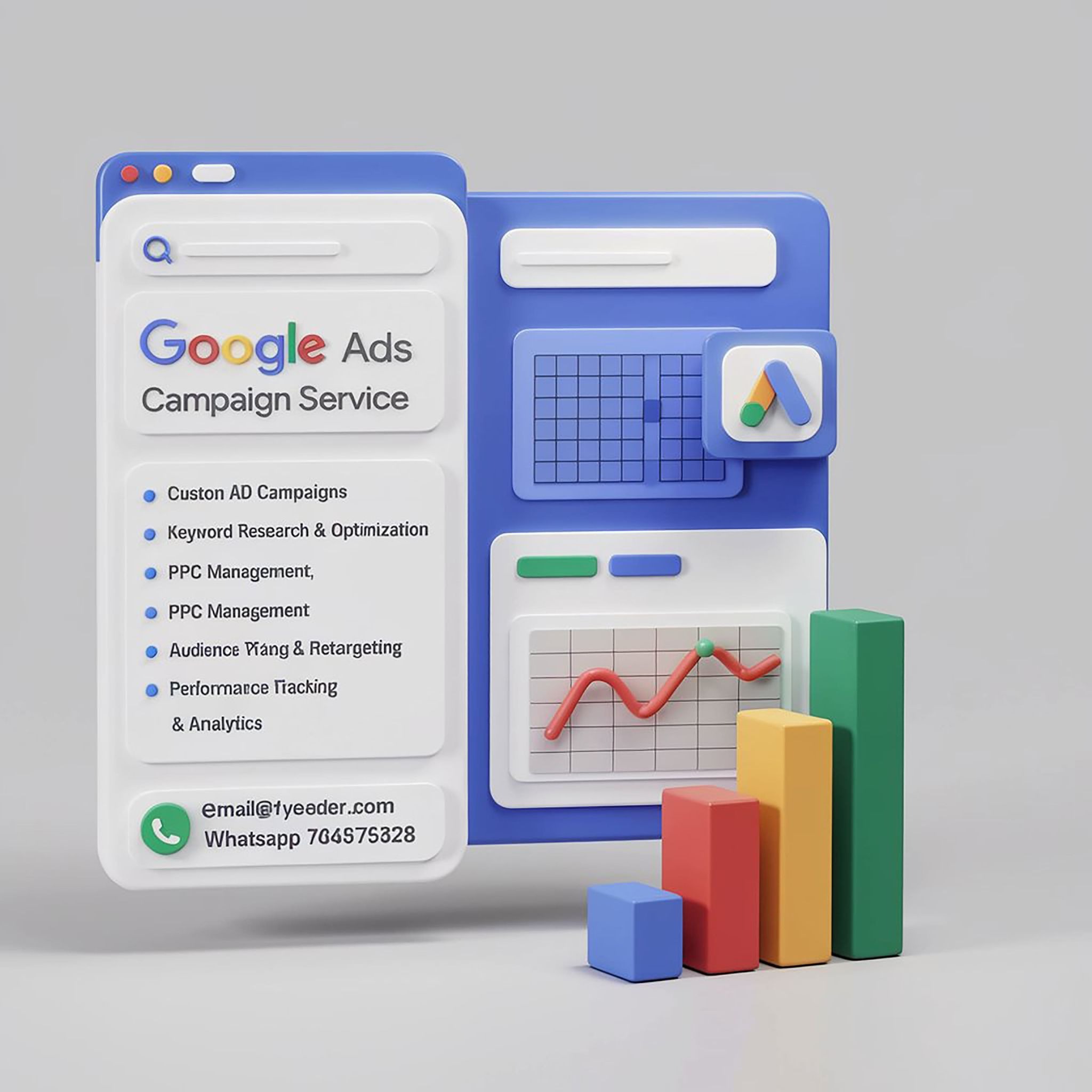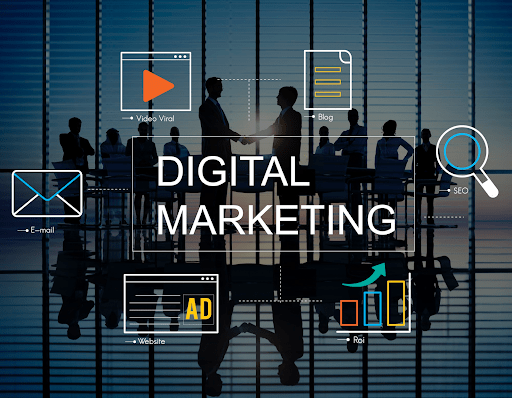.jpg)
B2B marketing—business-to-business marketing—remains at the heart of how organizations drive sustainable growth, nurture client relationships, and deliver long-term value in today’s rapidly evolving landscape. In 2025, success involves embracing innovation, harnessing data, and creating tailored experiences that move buyers through longer, multi-touch purchase cycles.
B2B marketing is the set of strategies, tactics, and tools organizations use to promote products or services to other businesses or organizations—rather than individual consumers. Typical examples include marketing SaaS solutions to IT departments, providing industrial equipment to manufacturers, or selling financial platforms to enterprises. The aim is to build trust, educate, and prove how your solution drives ROI for the client’s specific needs or business problems.
Learn more about Future Digital’s Paid Media Services to see how we help brands drive high-quality leads and conversions through targeted campaigns.
B2B marketing focuses on reaching companies and professional decision-makers, while B2C marketing targets individual consumers. The B2B buying cycle is typically longer, more complex, and involves multiple stakeholders, whereas B2C purchasing decisions are often quicker and made by a single person. B2B campaigns emphasize rational, data-driven messaging with a strong focus on ROI, while B2C efforts lean into emotional appeal and lifestyle-driven narratives. Content for B2B audiences tends to be long-form, educational, and often includes case studies, webinars, or white papers, while B2C content is usually short, highly visual, and entertaining. The channels also differ: B2B marketers prioritize platforms like LinkedIn, webinars, and industry publications, whereas B2C marketers rely heavily on Instagram, TikTok, and display ads. Finally, the nature of the relationships diverges—B2B marketing aims to build long-term, consultative partnerships, while B2C marketing typically drives more transactional interactions focused on brand affinity.

B2B marketing is essential for fueling company growth, driving account expansion, and building partnerships in competitive sectors. Modern buyers independently research solutions online before contacting vendors, so having a strong digital presence and demonstrable expertise is now a core business asset.
A well-executed B2B strategy—like those outlined on Future Digital’s homepage—generates qualified leads, nurtures clients at every touchpoint, and positions organizations for industry leadership.
Let’s talk about how data, creativity, and performance strategy can drive real growth.
Partner with Future Digital to turn insights into measurable results.
For a deeper dive into budget optimization, check out this Harvard Business Review resource on B2B ROI.

What is B2B marketing?
It’s the practice of promoting products and services to other businesses or decision-makers, not individual consumers.
What are examples of B2B campaigns?
Examples include webinar funnels for software buyers, ABM campaigns for CFOs, or retargeted video campaigns for procurement officers.
How does B2B differ from B2C?
B2B focuses on rational, ROI-based decisions with longer sales cycles. B2C is faster and driven by emotional or lifestyle appeal.
Do B2B buyers use social media and video?
Absolutely. 84% of B2B buyers rely on platforms like LinkedIn for insights, while video is central to many successful campaigns.
As B2B buyers grow more discerning and digitally savvy, the brands that win in 2025 will be those that combine strategy, technology, and trust. Whether you're optimizing your SEO or building an ABM campaign, success lies in blending channels to serve content-rich, personalized journeys from awareness to close.